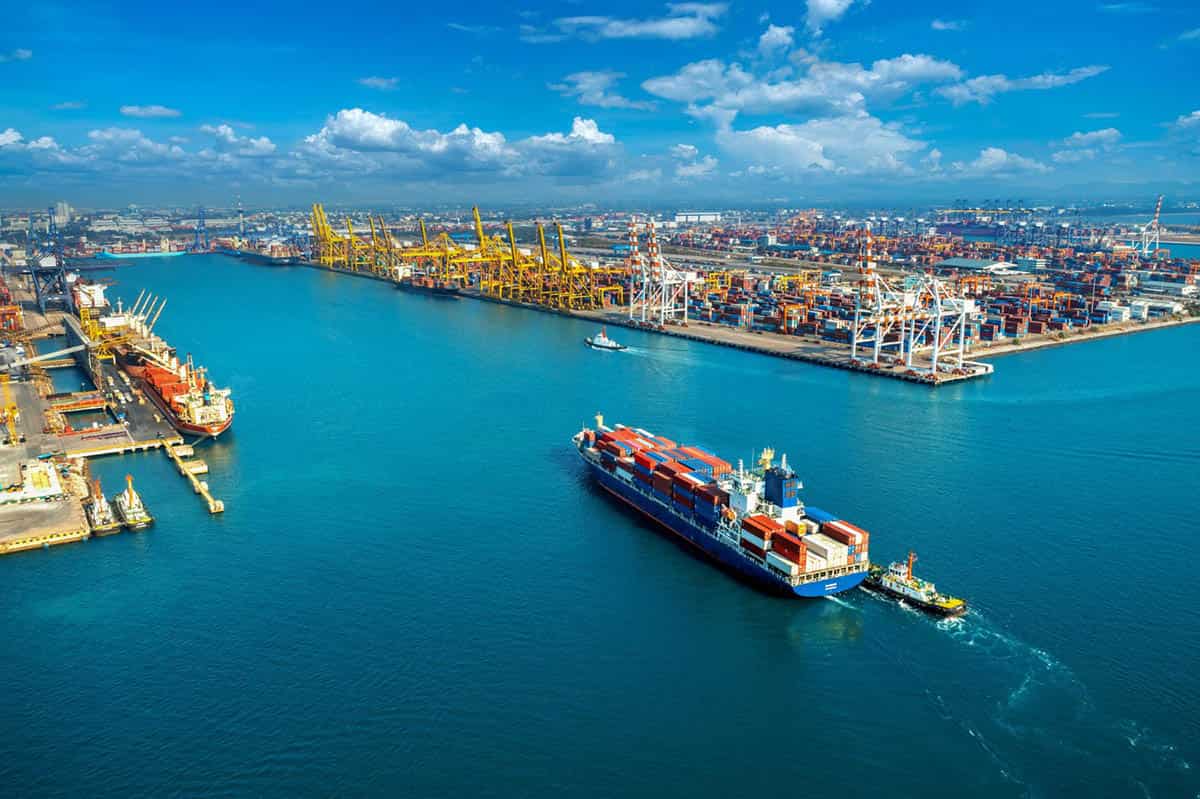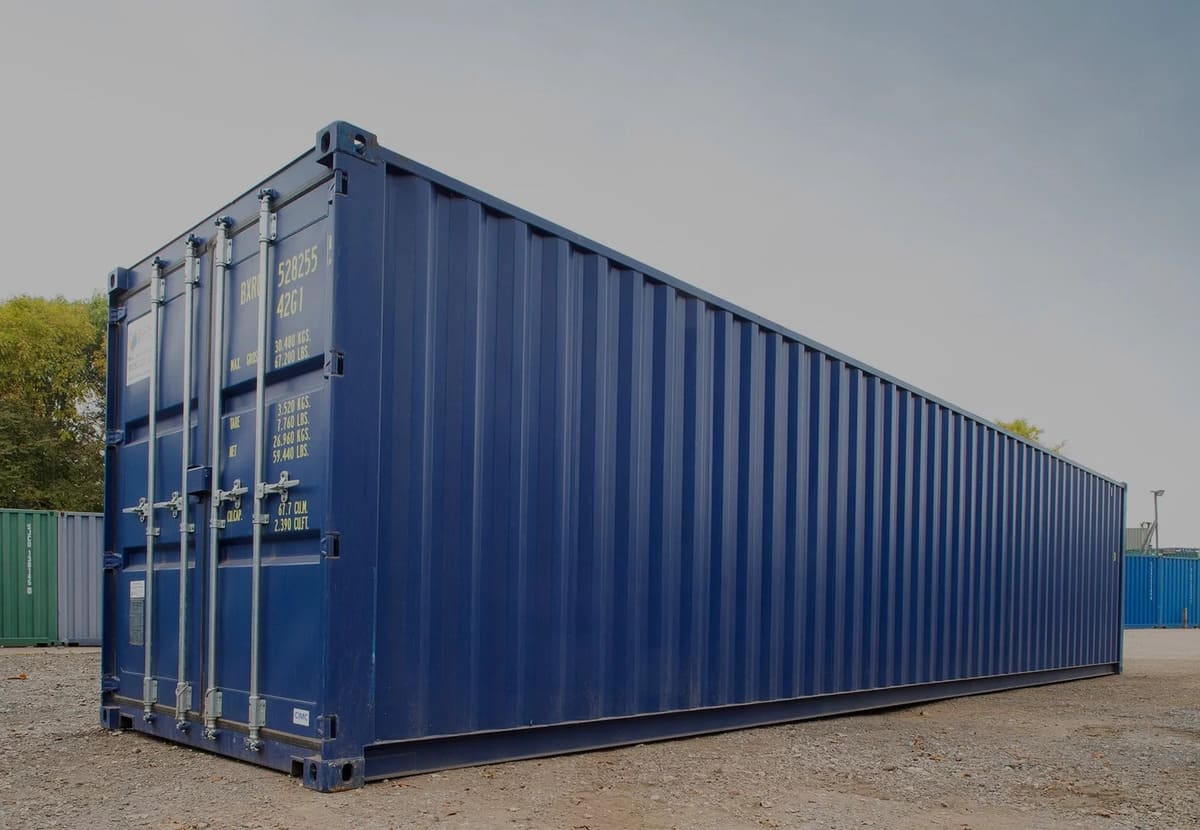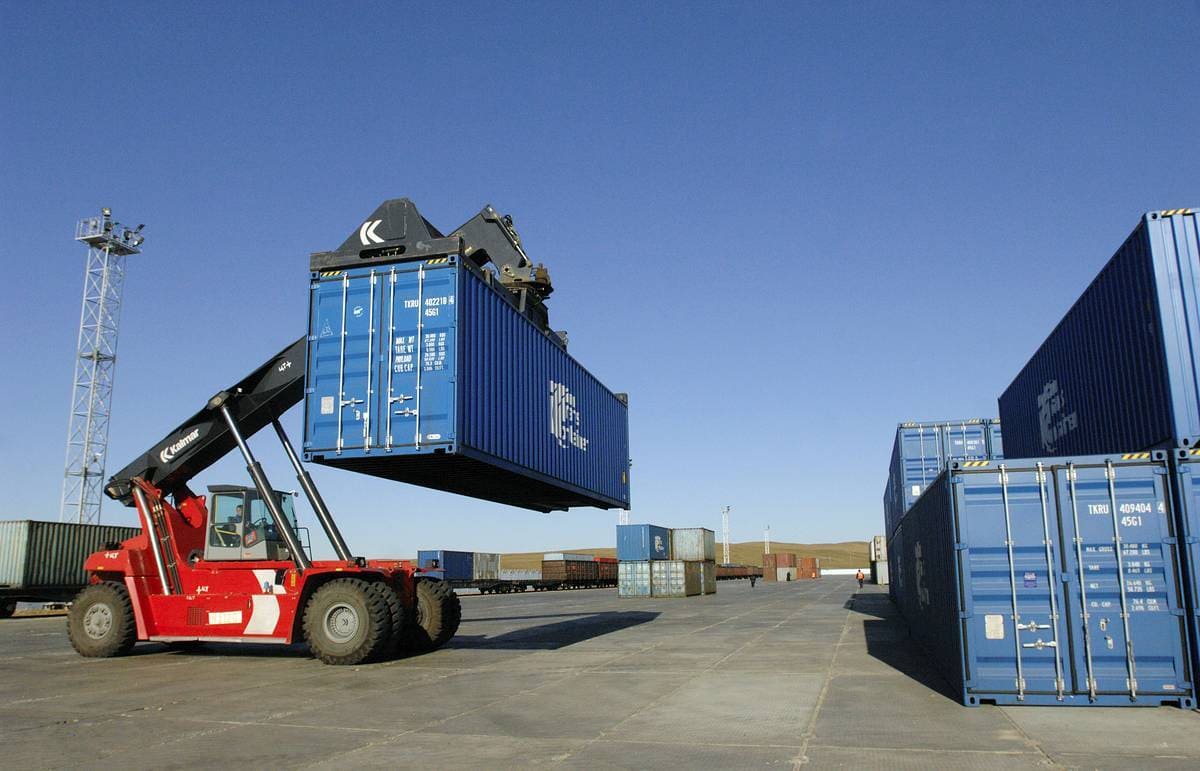
Article content:
In the field of international cargo transportation, freight plays the most important role, determining the cost of transporting goods between countries and continents. This term is used in both sea and air transportation and is the fee for renting a vehicle or part of its cargo space. Understanding the essence of freight and the factors that affect its calculation is extremely important for companies involved in global supply chains.
Freight is the payment for the transportation of goods on a rented vehicle or part of its cargo space. This term is used in both sea and air transportation. Freight can be set for the rental of the entire vehicle (ship or airplane) or for booking part of its cargo space (container, pallet, or cubic meter).
Freight rates are usually calculated based on the weight or volume of the cargo, as well as the distance and route of transportation. They can be set as a fixed amount or calculated per unit of weight or volume.
In logistics, there are different types of freight, which vary by the method of transportation and the terms of vehicle rental:

Freight offers a number of advantages, making it an attractive choice for many companies. Firstly, it provides flexibility in the choice of transport depending on the type of cargo and its needs. For example, sea freight may be preferable for oversized cargo, while air transport is suitable for urgent deliveries. Additionally, freight is often cost-effective, especially for large volumes of cargo over long distances. Low base rates for sea freight can significantly reduce transportation costs compared to air transport, particularly when transporting oversized cargo. For instance, sea vessels can carry large-volume and heavy cargo that air transport or trucks cannot accommodate.
Moreover, freight provides transparency and predictability of costs due to base rates that are formed depending on the distance of the route and the size of the cargo. This allows companies to plan their logistics costs more accurately and manage their budget.
However, freight has its drawbacks, such as possible delivery delays due to weather conditions or customs procedures, as well as additional costs, such as handling fees at ports or airports.
Nevertheless, its advantages make it an important tool in international logistics.
The freight cost may include various components, such as:
Calculating freight rates is a process that depends on many factors. The main steps include determining the type of transport and type of freight, obtaining information about the route and distance, determining the weight, volume, and specific requirements of the cargo, requesting base rates from carriers, calculating additional charges and taxes, considering the cost of additional services, and analyzing alternative routes to choose the most advantageous offer.
When calculating freight rates, it is also important to consider seasonal demand fluctuations, currency exchange rates, and the economic situation. For companies that regularly carry out international shipments, it may be advisable to use specialized software or turn to logistics providers, such as DiFFreight, to obtain the most accurate and cost-effective freight calculations, for example, for using services such as sea freight delivery from China.
Additional surcharges are not included in the basic freight rate. They compensate the costs of the ship owner and depend on the specific conditions of transportation.
Additional payments are possible:
It is necessary to analyze in detail the final cost of sea freight and clarify which specific additional costs are included in the selected rate.
Importantly. Unfortunately, ports are currently blocked in Ukraine. Therefore, cargo from China can be brought to Ukraine only if it is first delivered by sea to the ports of neighboring countries.

Sea carriers transport large consignments of goods whole and intact thanks to the technical equipment of ports and ships
The farther away the cargo needs to be transported, the more expensive ocean freight shipping costs. Shipping costs may vary depending on the port of loading or unloading. For example, the port of Shenzhen has a larger capacity than Shanghai, so the freight may be lower here.
In the case that there is no cargo in the reverse direction, the sea line reduces the cost of transportation, so the freight will be very low.
The further the cargo needs to be transported, the more expensive the delivery costs. Shipping costs may vary depending on the port of loading or unloading. For example, the port of Shenzhen has a larger capacity than Shanghai, so the freight may be lower here.
In the case that there is no cargo in the reverse direction, the sea line reduces the cost of transportation, so the freight will be very low.

Universal containers are used for sea transportation, which can then be transshipped onto the railway or road transport
Unfavorable weather conditions (wind, precipitation, fog) and increased demand for transportation of seasonal goods cause an increase in the cost of transportation. Therefore, it is worth adjusting the strategy of shipping containers from China depending on the season, taking into account demand and market conditions to optimize your transportation costs.
If the ship's route passes through a dangerous area, such as a war zone, the cost of transportation from China increases.
Payment for passage through certain straits, necessary internal and external customs duties, rising fuel costs also increase the final amount of freight.
The introduction of new routes, the purchase of additional equipment for shipping lines, and the modernization of factories lead to a decrease in the cost of sea transportation.
What does freight mean in logistics? It is the payment for transportation services. The term applies to all types, whether air, land, or sea delivery. They differ from each other in distance, load capacity, availability, flexibility, and cost. Air freight is the most expensive, while sea freight is the cheapest.
When organizing transportation, the characteristics of the cargo are taken into account to ensure its safety, security, and timely delivery. Briefly, for different types of cargo:
Accordingly, the more "demanding" the product, the higher the freight cost.
The list depends on the type of cargo transportation. Basic documents:
The list is supplemented if it concerns specific (fragile, hazardous, valuable) cargo, insurance is arranged, certificates are required, etc. Freight registration is entrusted to an agent or logistics company — they know exactly which set of documents needs to be prepared.
For international transportation, the requirements depend on the legislation of the countries of departure and destination, as well as the applicable international agreements.
In international trade, freight transportation plays a leading role, especially when the warehouse is in China. One of the main advantages of maritime freight transport is its cost-effectiveness. For large shipments, the freight cost from China is significantly lower than the price of air transport. Additionally, maritime transport can accommodate virtually any type of cargo, ranging from bulk materials to oversized machinery and vehicles. Furthermore, seaports are located worldwide, allowing for deliveries to any point on the globe. Maritime transport is often accompanied by freight insurance and adherence to specific safety measures, minimizing the risks of damage or loss of cargo. If you work through a logistics company, you relieve yourself of the need to monitor all stages of the delivery process, from loading to unloading.
In order to find the best conditions for shipping from China to Ukraine, you need to analyze all factors affecting freight and compare different shipping options. If you want to avoid nerves and unnecessary efforts, contact the DiFFreight company, we have deep expertise in international transportation, we will help you optimize logistics and ensure smooth delivery of goods.